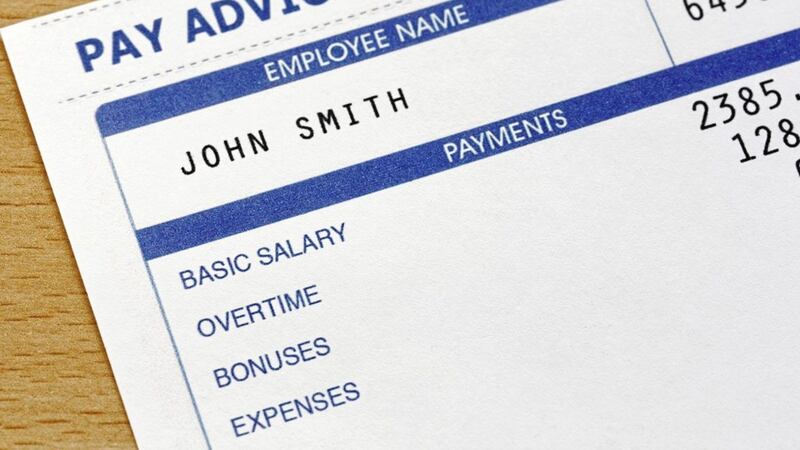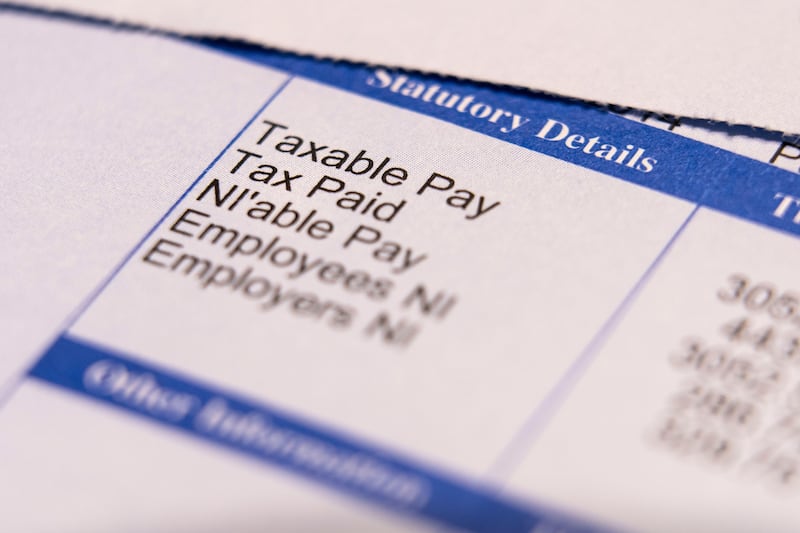TWO thirds of small businesses are reducing their profits to cope with the latest rise in the National Living Wage according to new research.
A Federation of Small Businesses (FSB) survey shows 64 per cent of small businesses have stretched to meet the latest rise by lowering their profit margins.
In the same UK research 39 per cent affected by the April increase in the National Living Wage to £7.50 per hour have put up prices to cope, while almost a quarter (24 per cent) have cancelled or scaled down their investment plan.
A fifth have said they have reduced staff (22 per cent) or hired fewer workers (19 per cent) as a consequence.
FSB’s research also suggests the faster rising wages has not had the effect of increasing demand for younger workers. Less than four per cent of small businesses responded to the National Living Wage increase by hiring more workers under the age of 25, who are on a lower rate.
The news comes as business operating costs have surged to their highest level in four years, according to FSB’s latest Small Business Index.
The research shows the majority of small businesses are already paying their staff above the new National Living Wage, but there are significant pressures on the 43 per cent of small firms that have had to increase their wages in line with the hike.
Sectors facing the greatest squeeze are those with tight margins where wages are typically lower, such as retail, care and hospitality.
In light of the recent string of poor economic statistics and continued uncertainty, FSB has urged the Low Pay Commission to consider whether the 2020 government target for a £8.75 National Living Wage should be delayed. The Federation has recommended the 2018 wage rises no higher than £7.85.
FSB policy chair for Northern Ireland Wilfred Mitchell said a rise in National Living Wage must not impact on jobs.
"Cost pressures on small businesses are building, and with most recent economic indicators underperforming, we are now facing the reality that the National Living Wage target may need to be delayed beyond 2020."
“To prevent the growing costs of employment from stunting job creation, the government should use its Autumn Budget to uprate the Employment Allowance and focus it on the smallest employers," he added.







